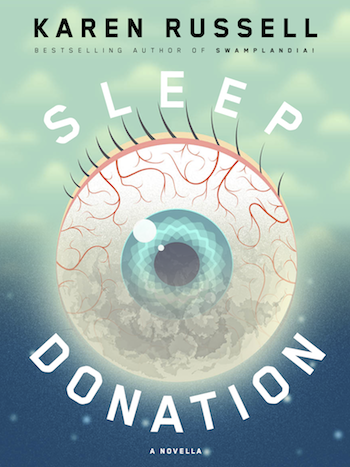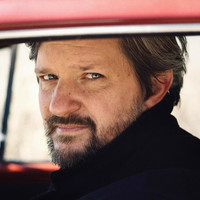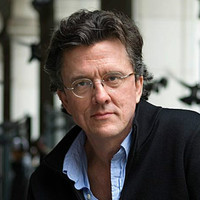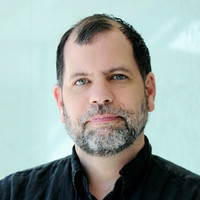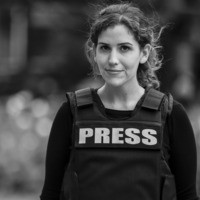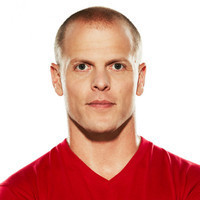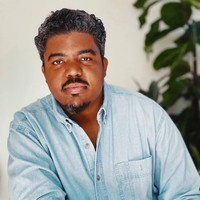Rachel Monroe is a freelance writer based in Texas.
“I will totally go emotionally deep with people. If I can find a subject who is into that then it will probably be a good story. Whether that person is a victim of a crime, or a committer of a crime, or a woman who spends a lot of time on the internet looking for hoaxes, or whatever it may be—I guess I just think people are interesting. Particularly when those people have gone through some sort of extreme situation.”
Thanks to MailChimp, Club W, and Igloo for sponsoring this week's episode.

